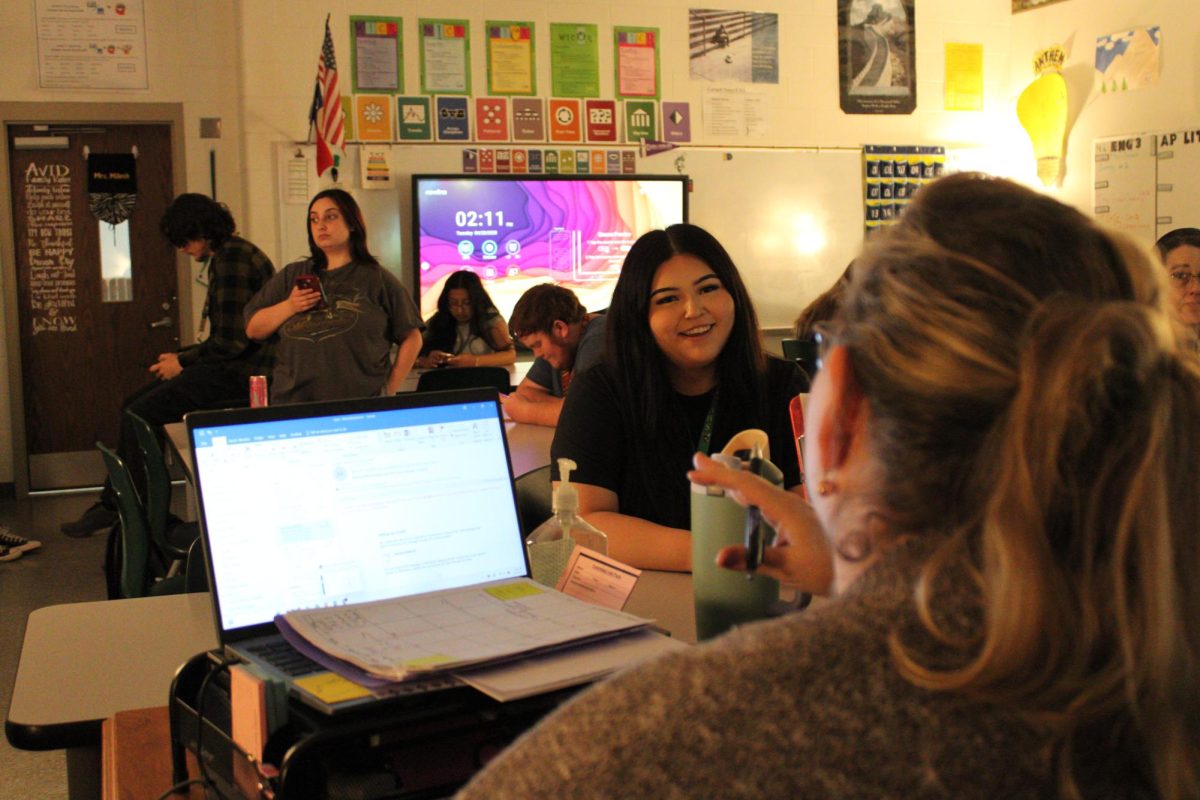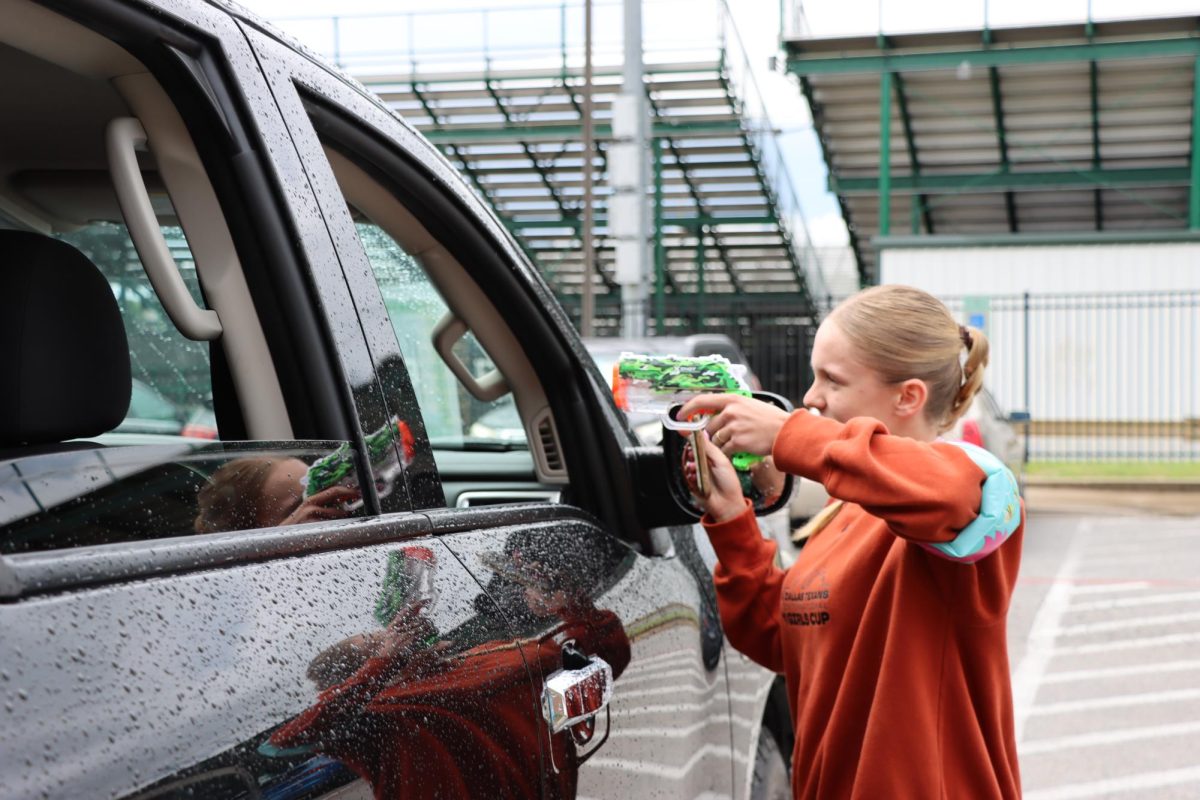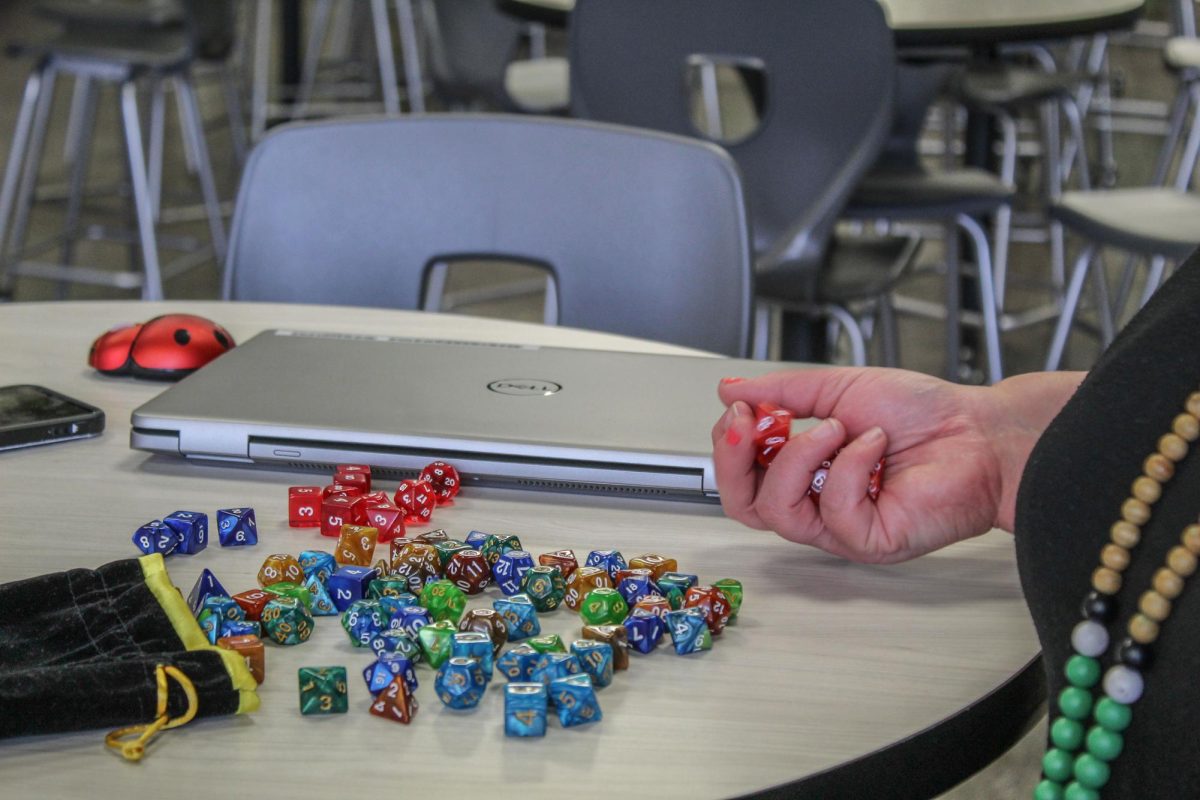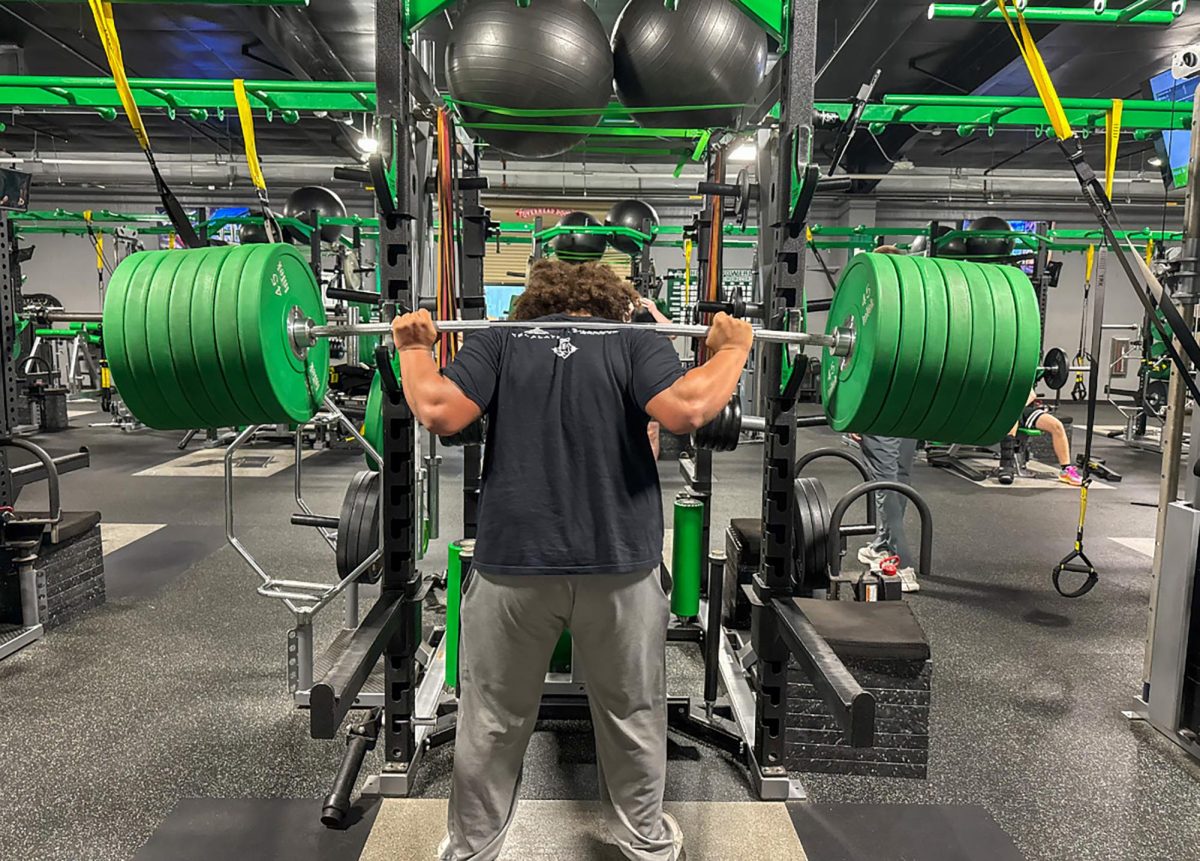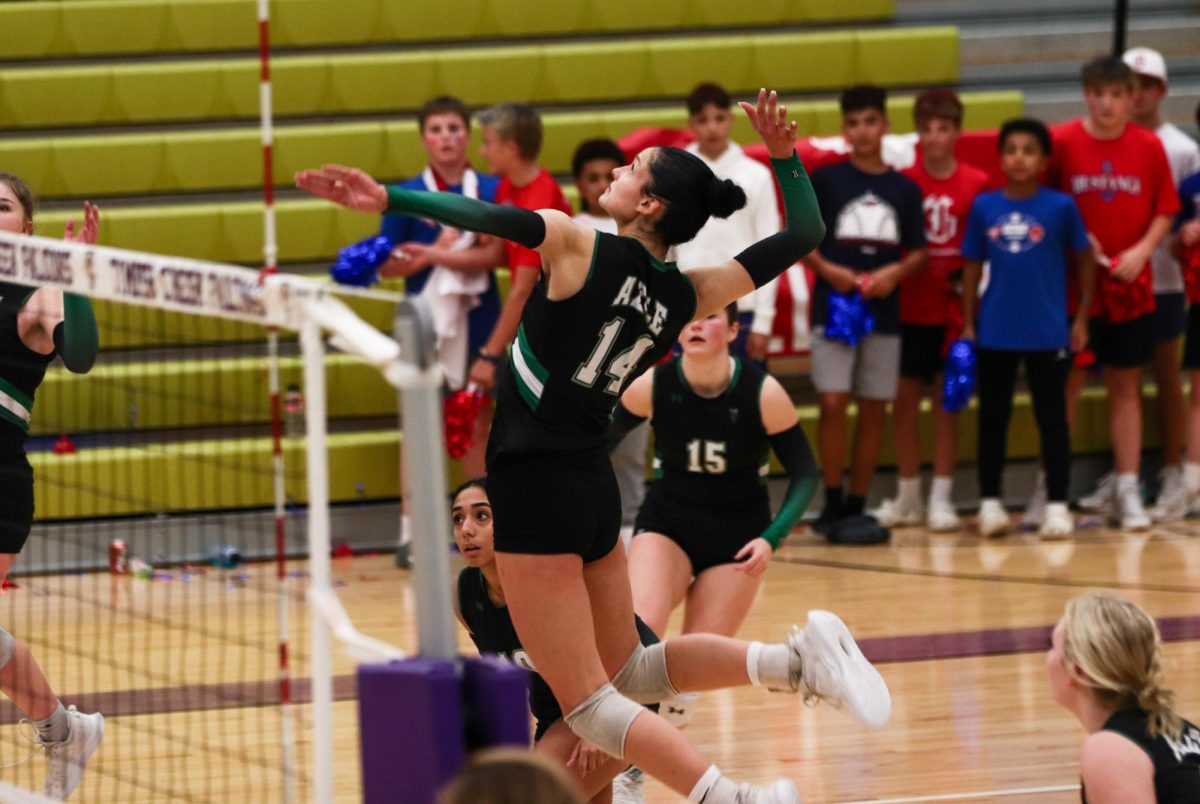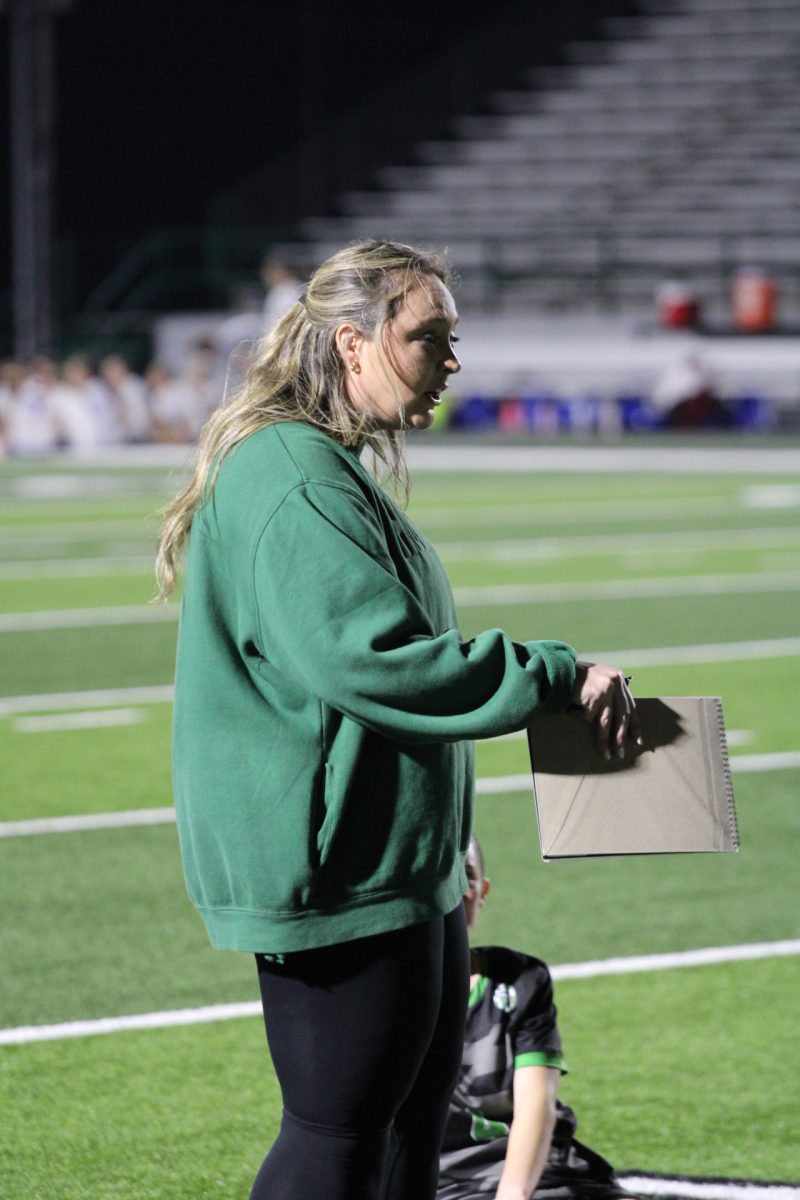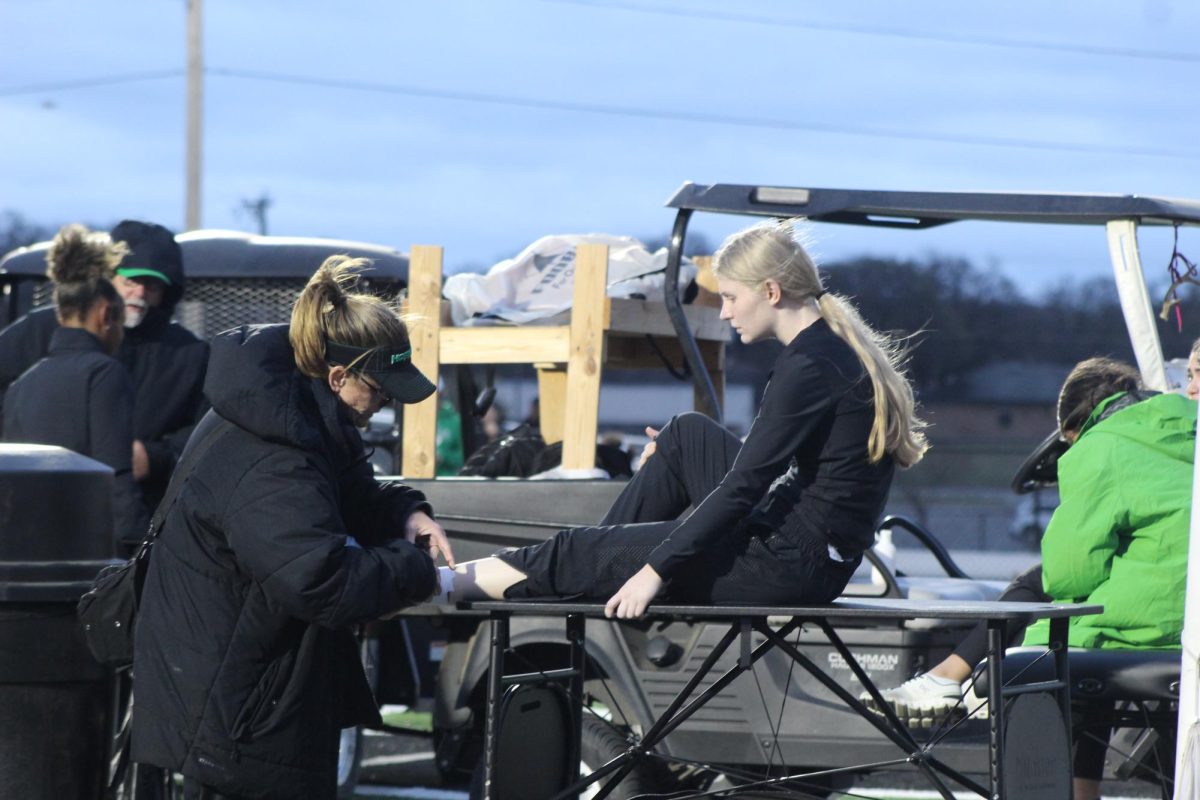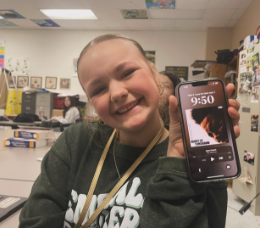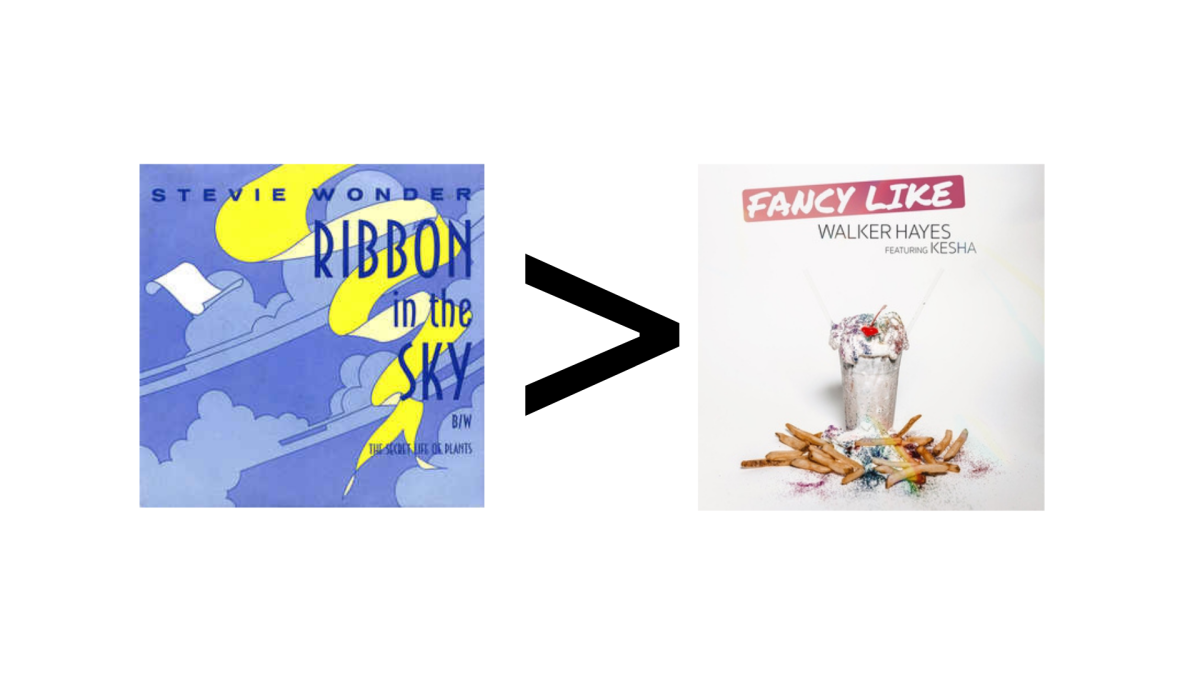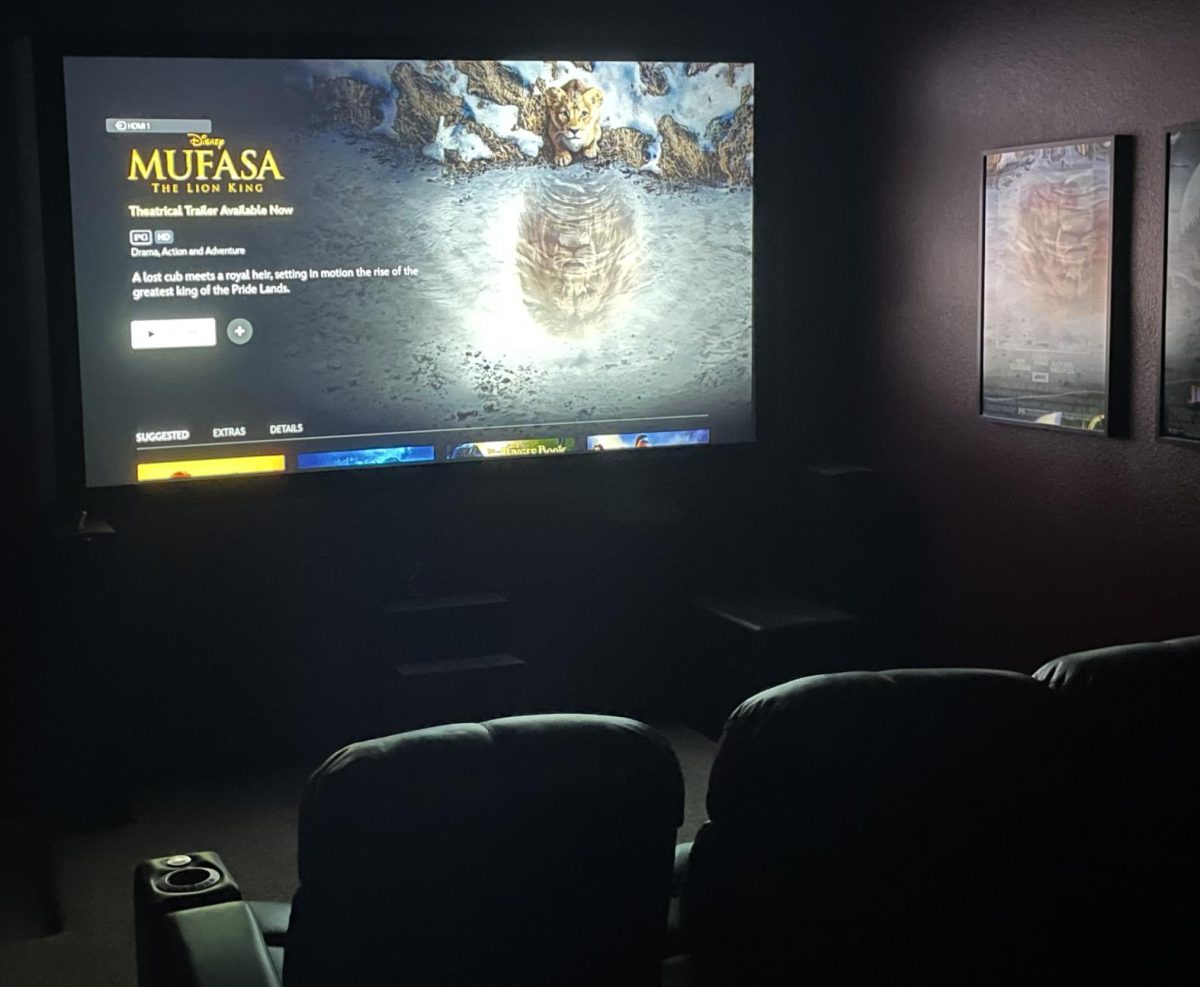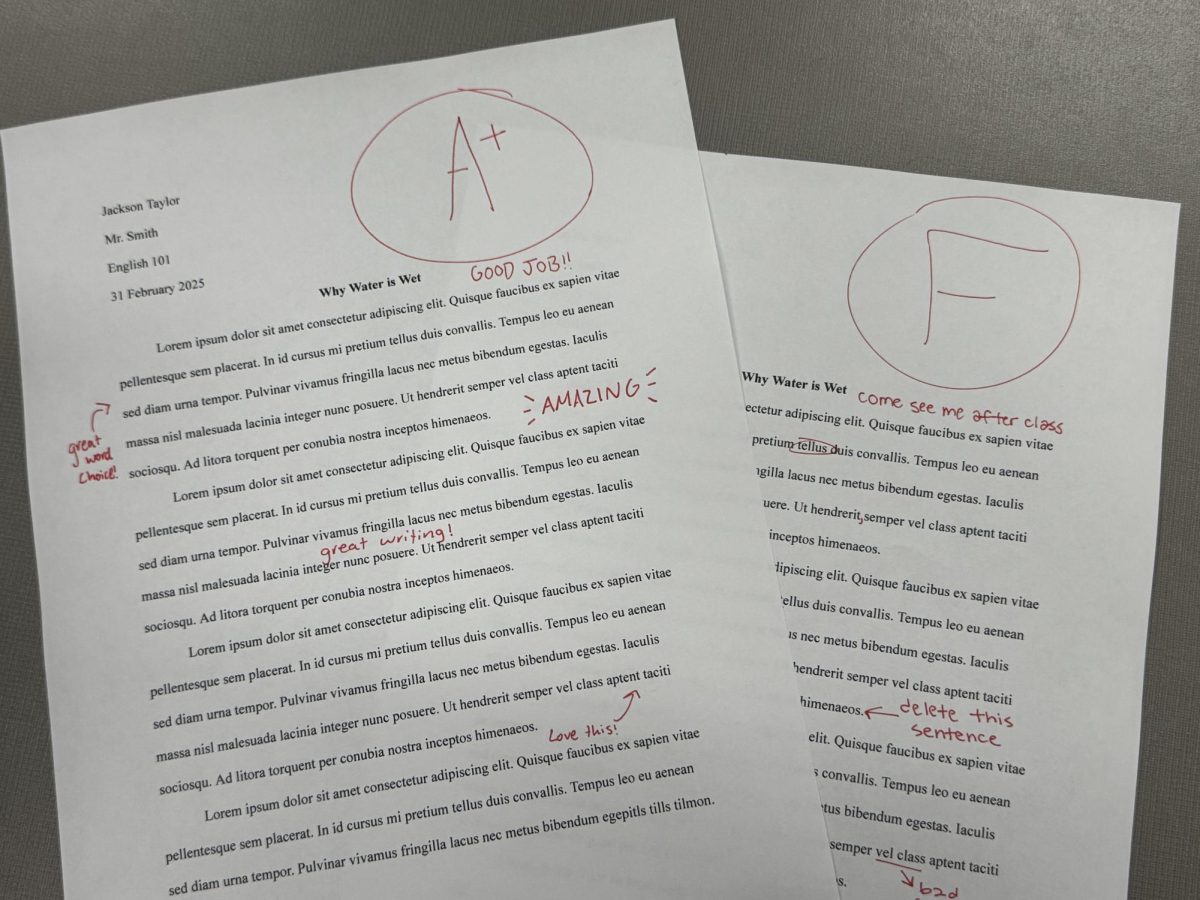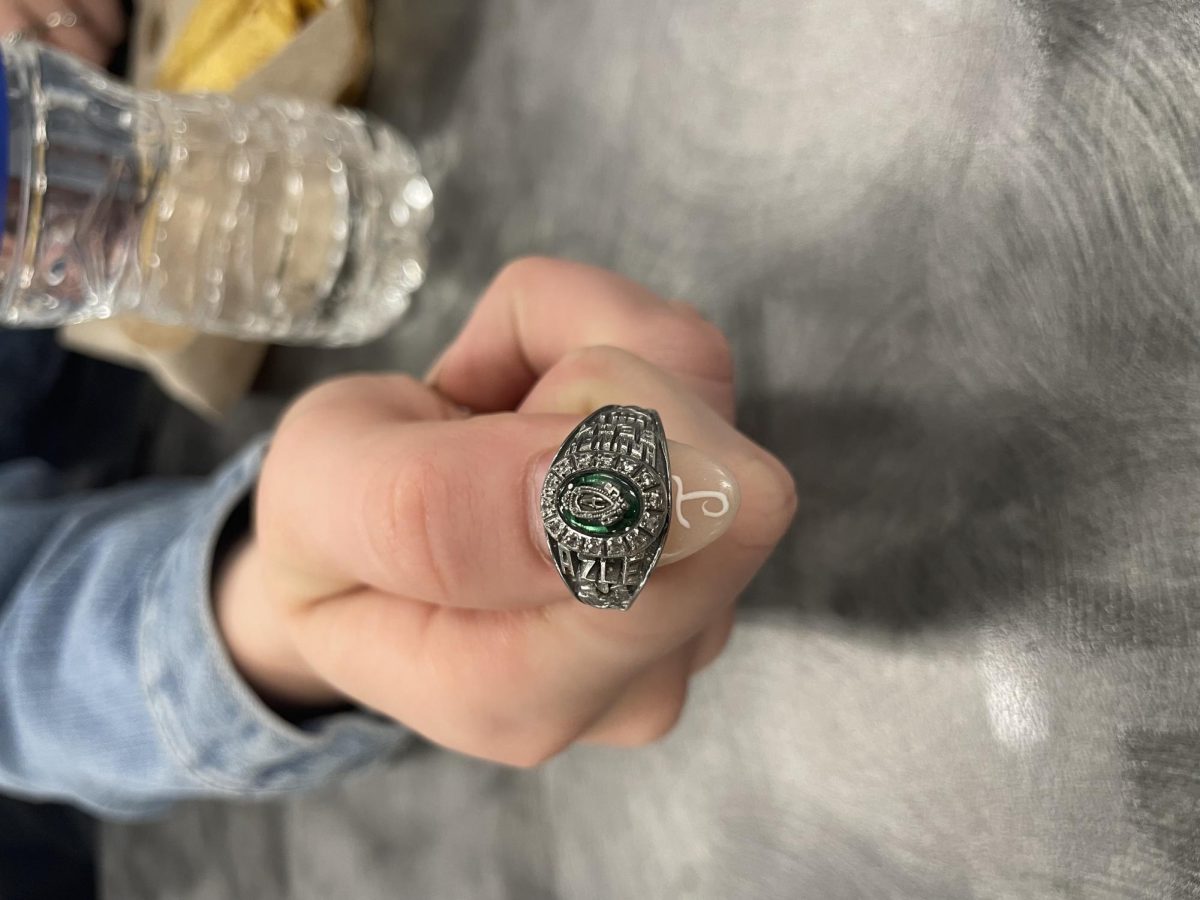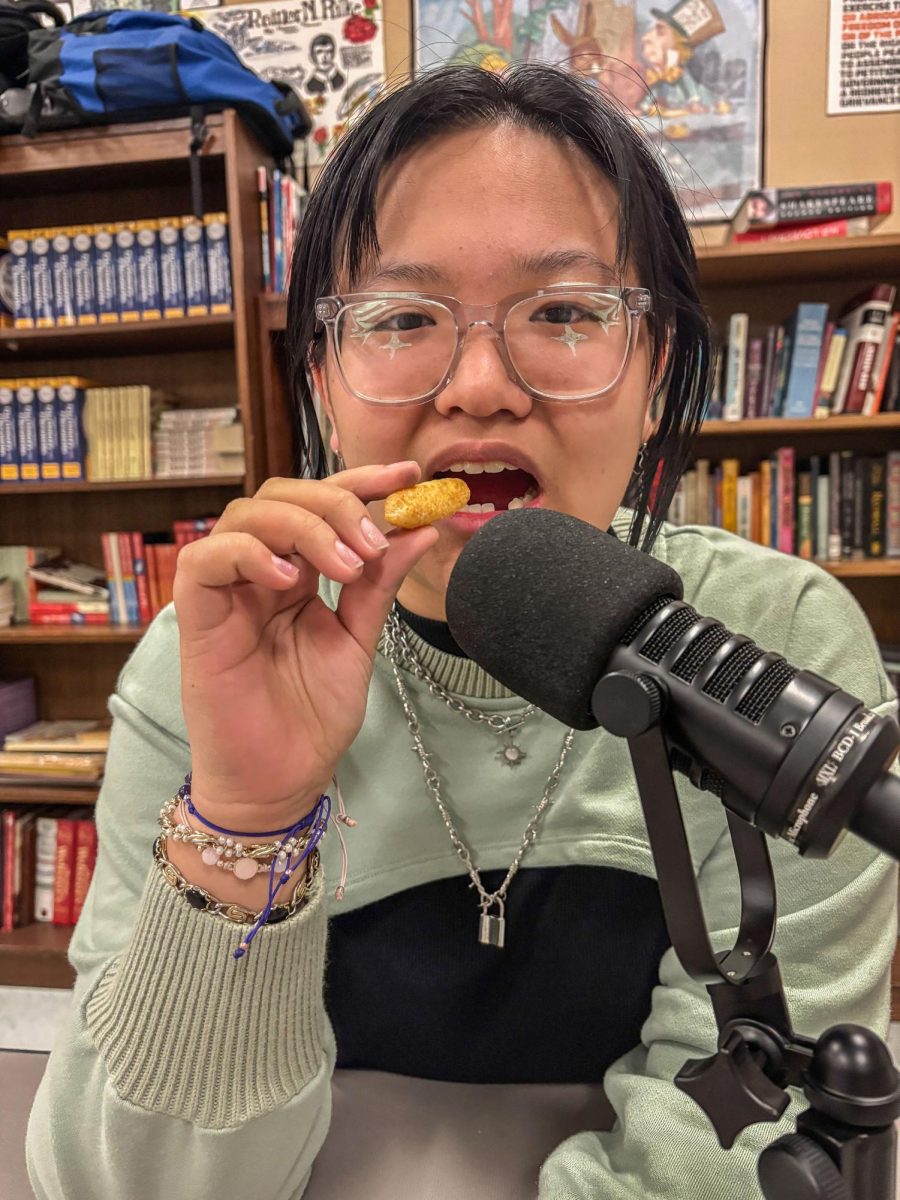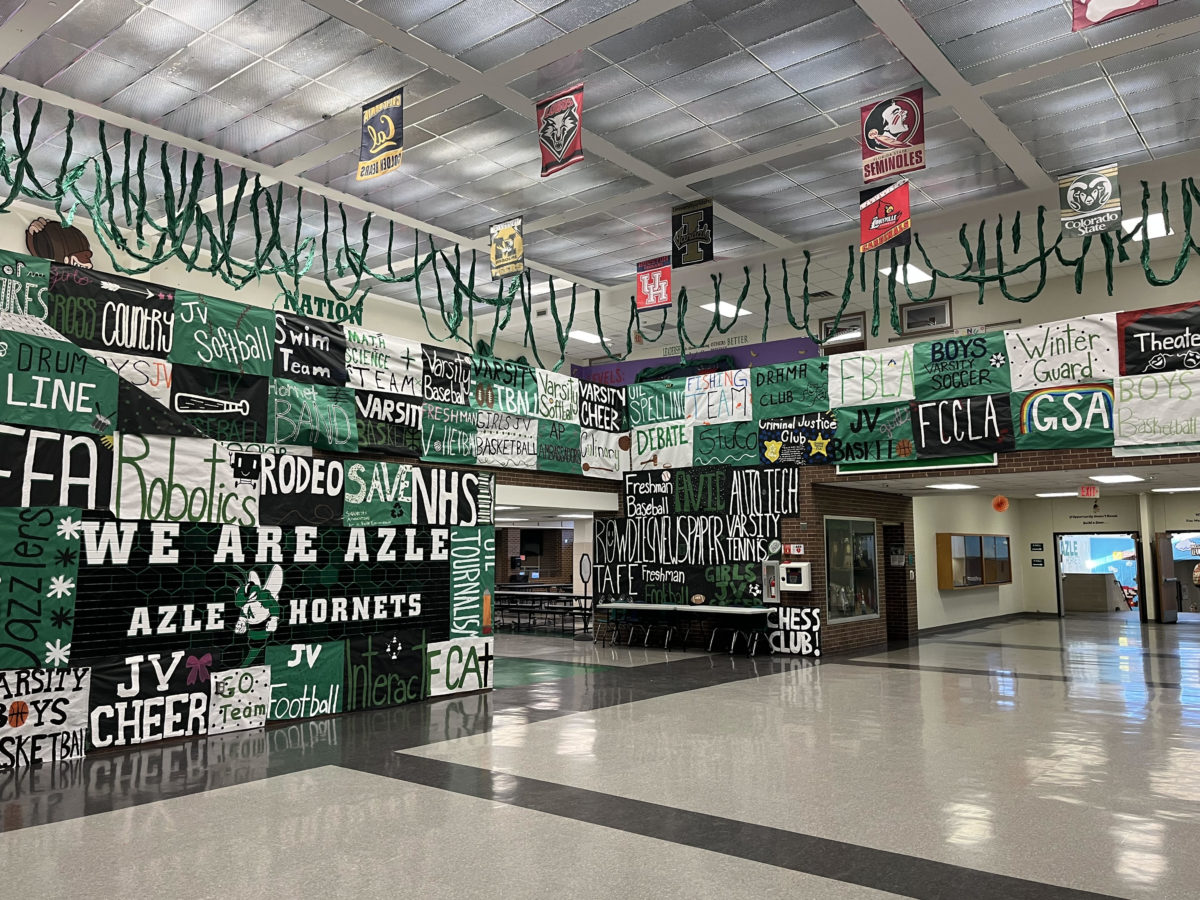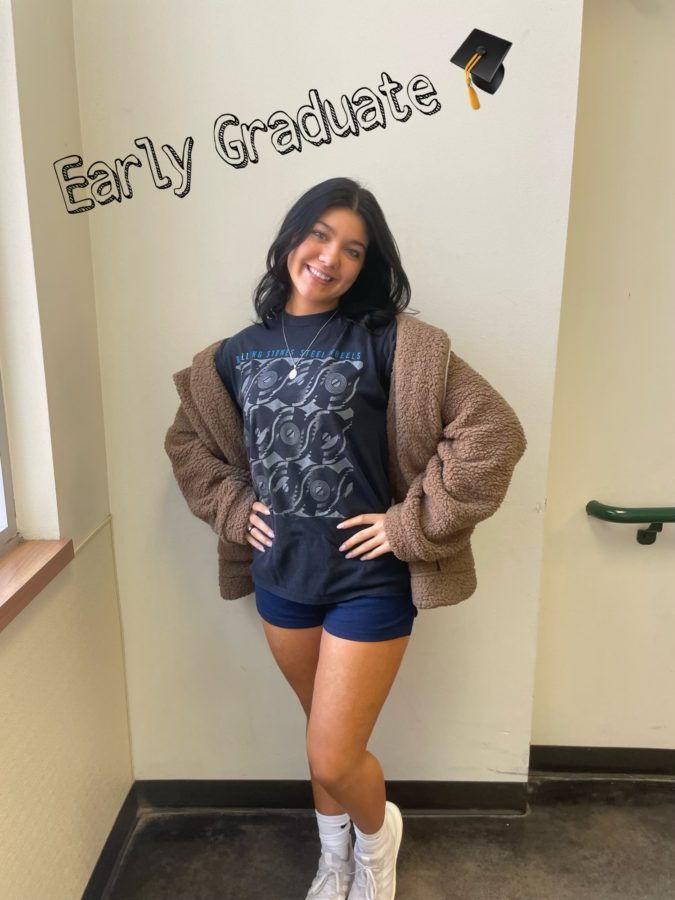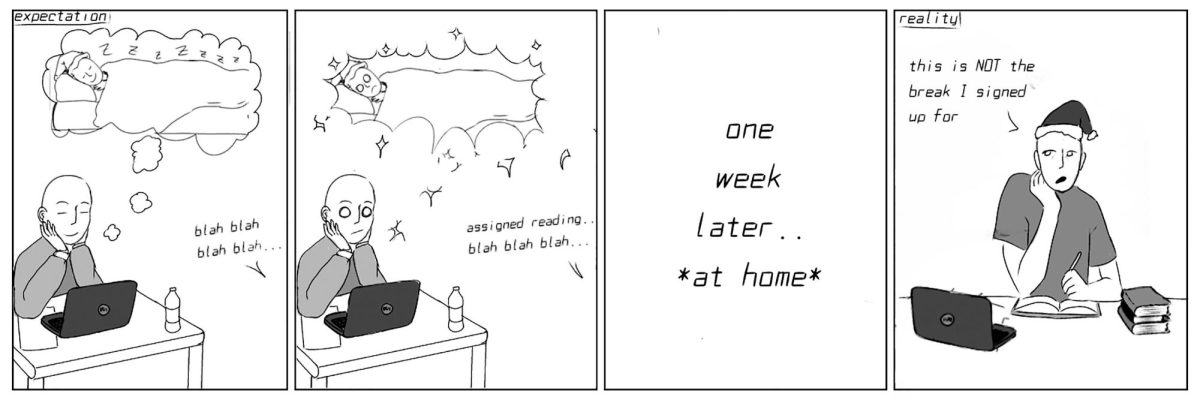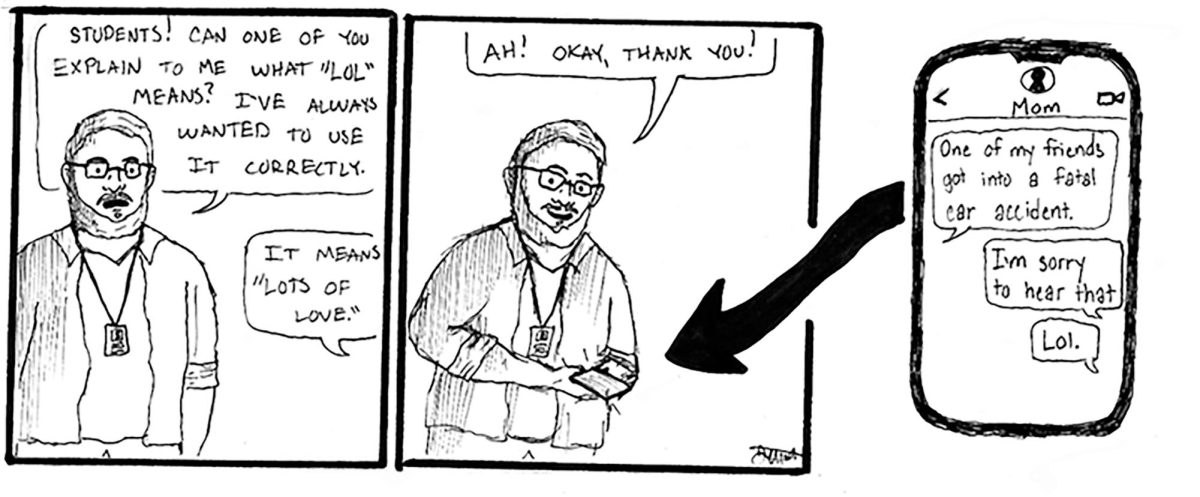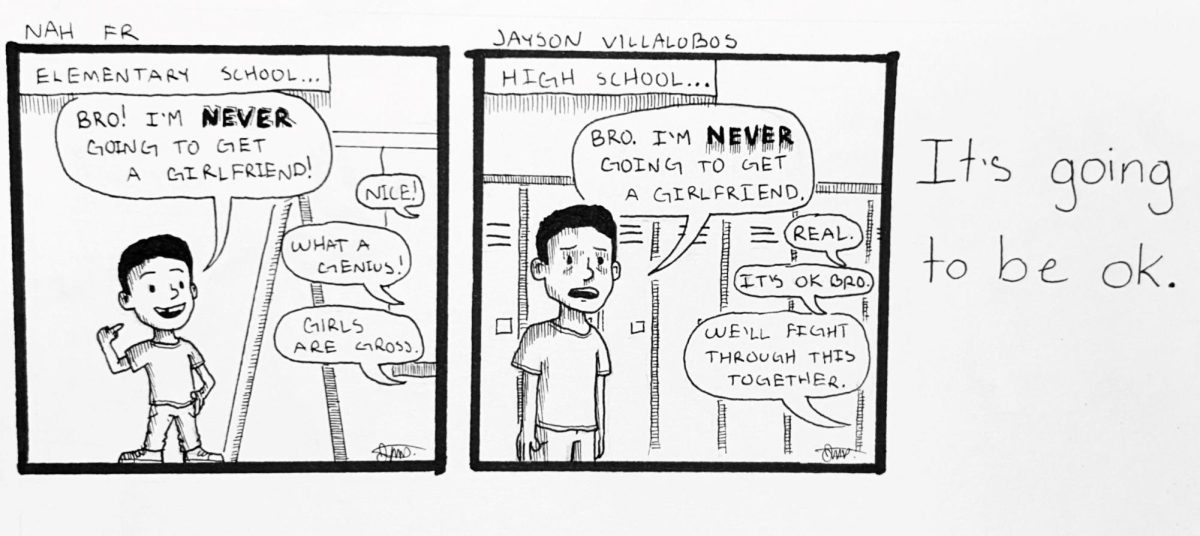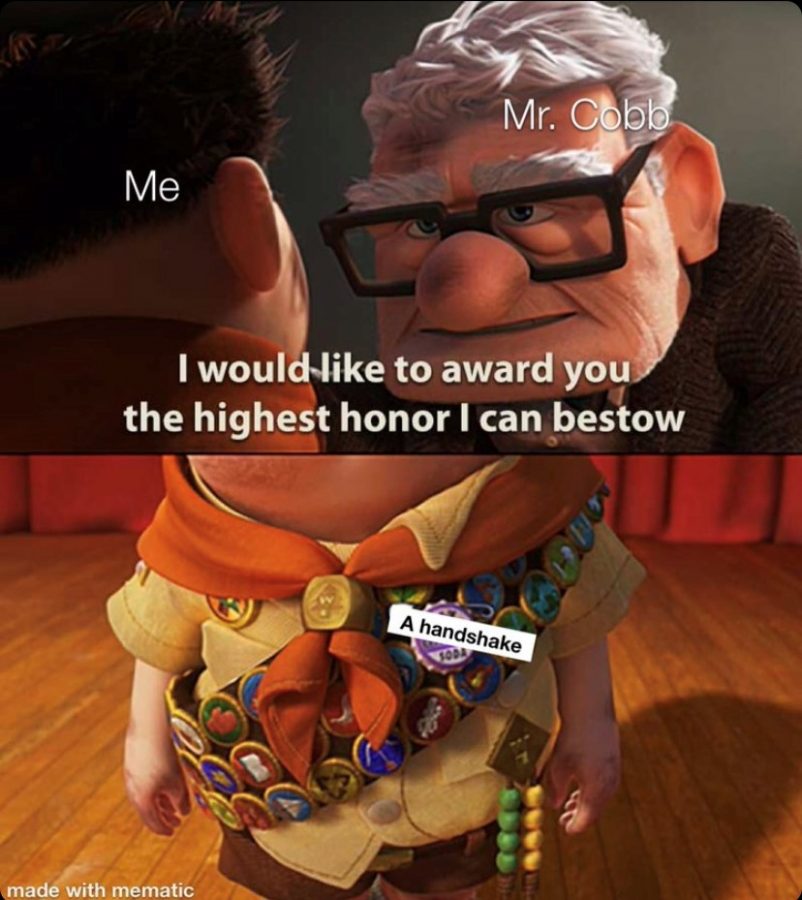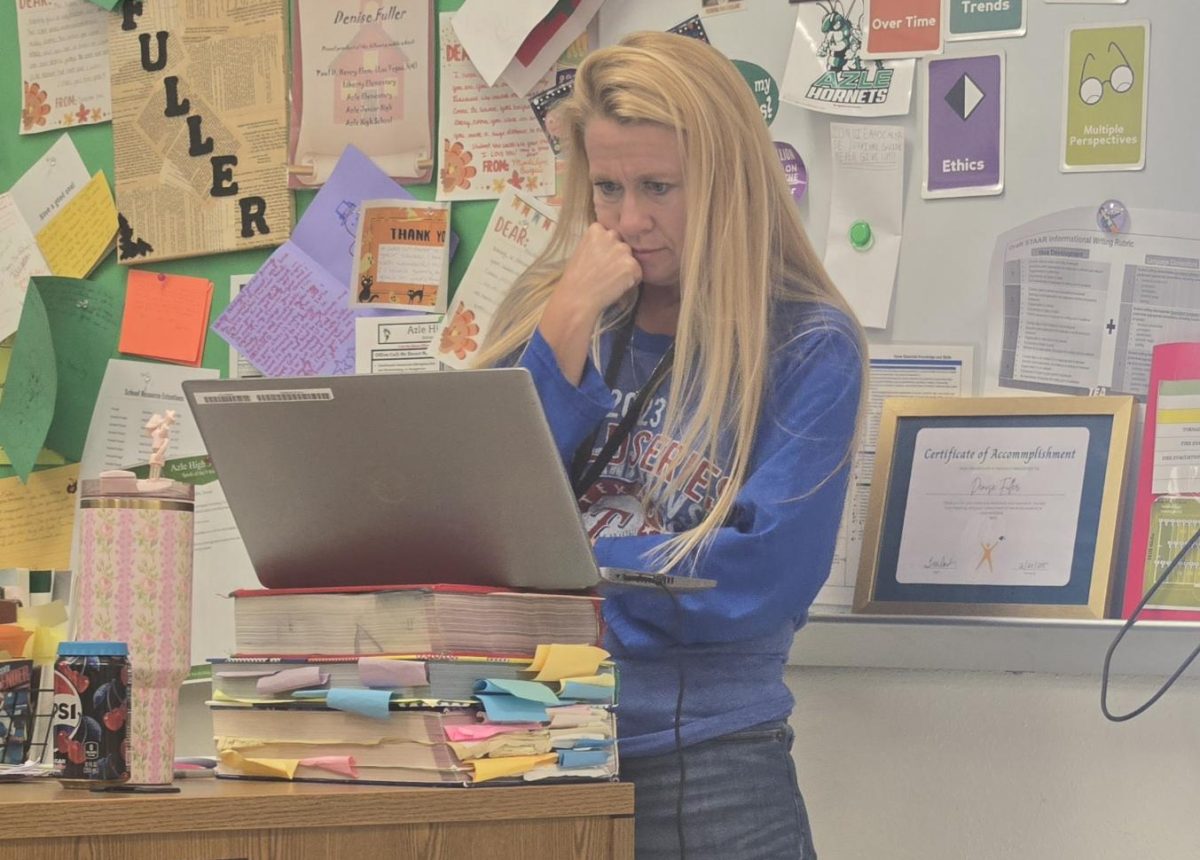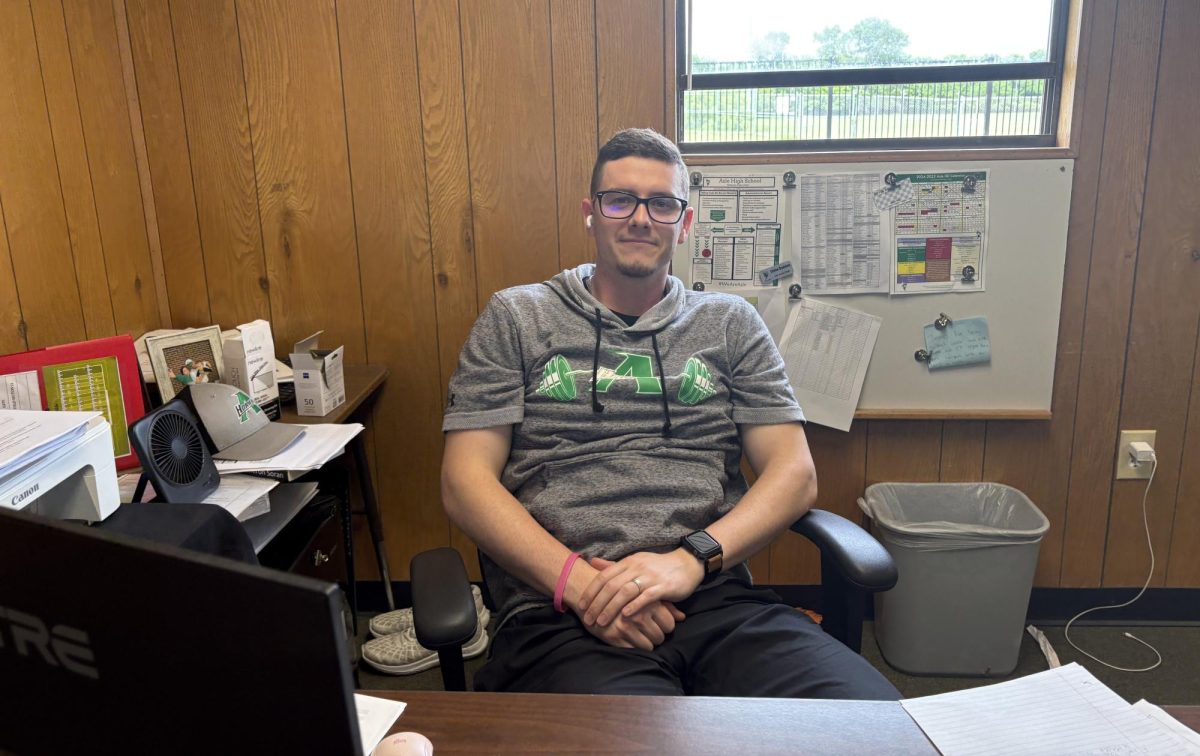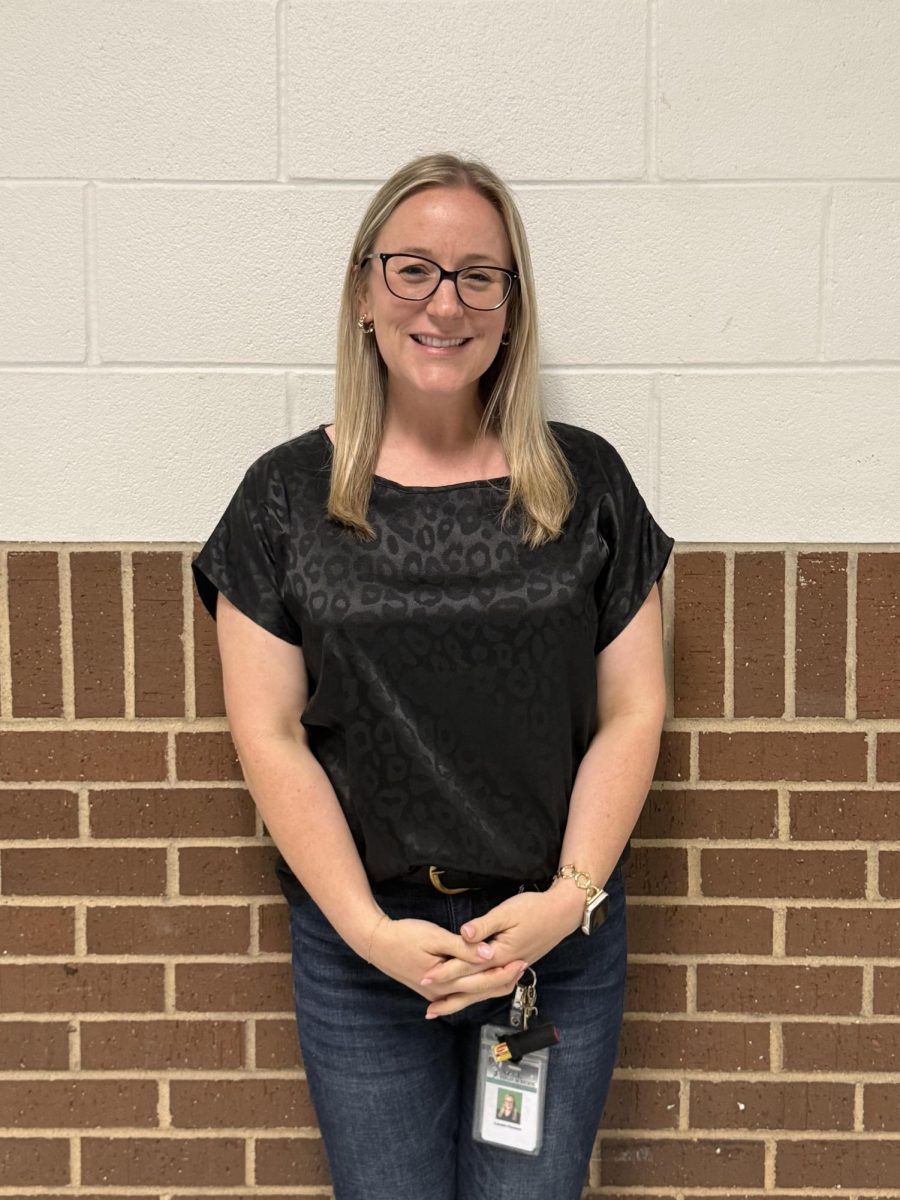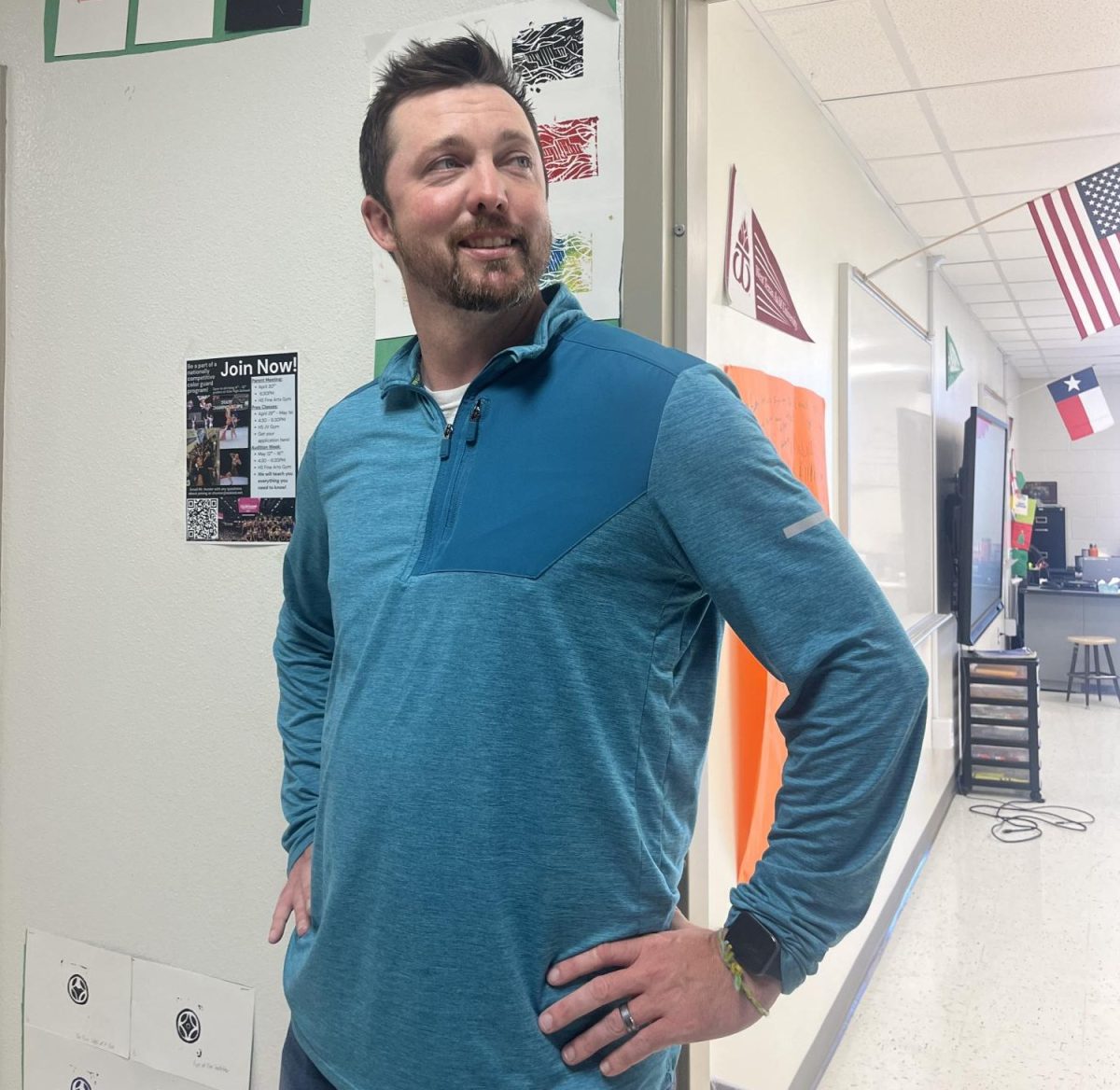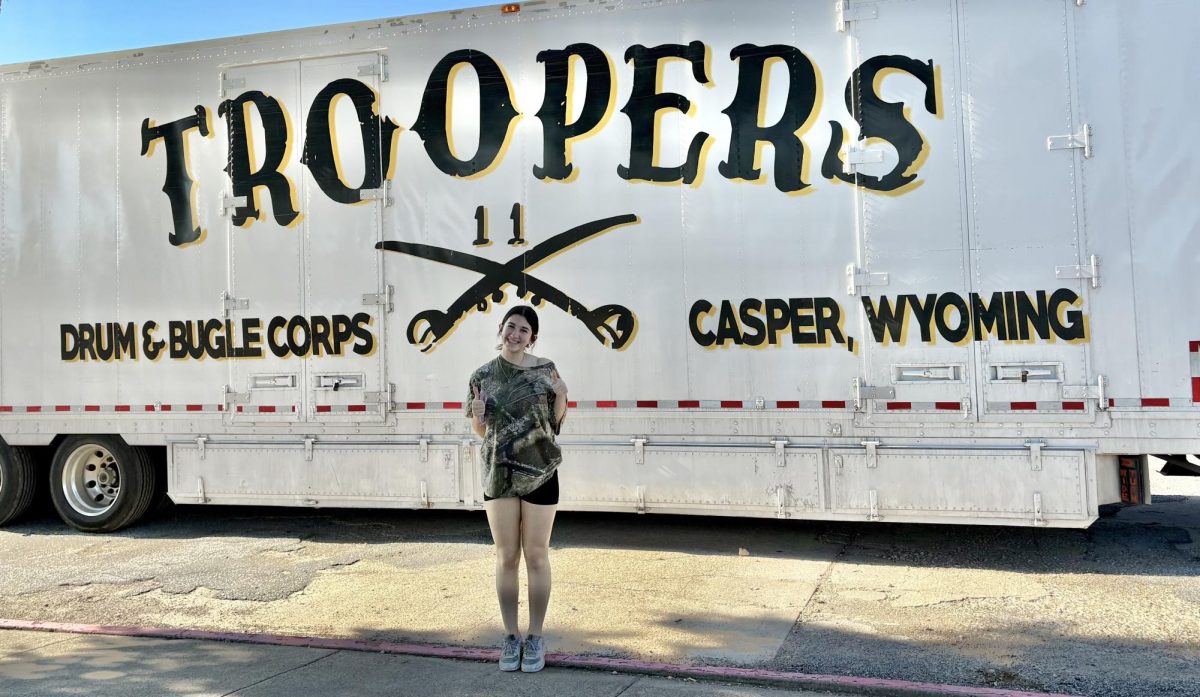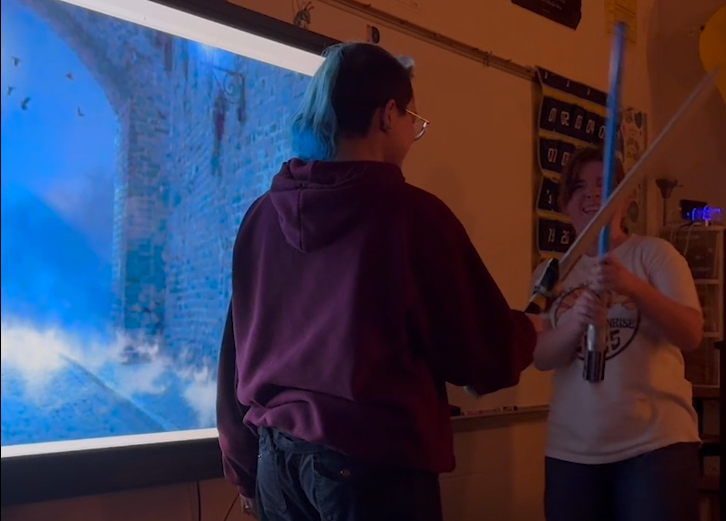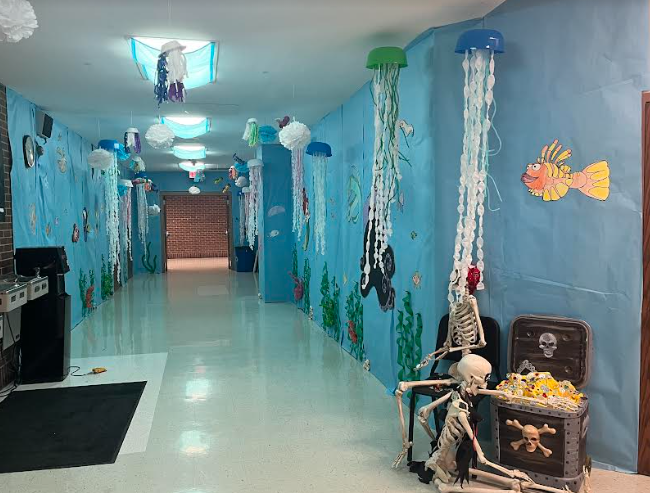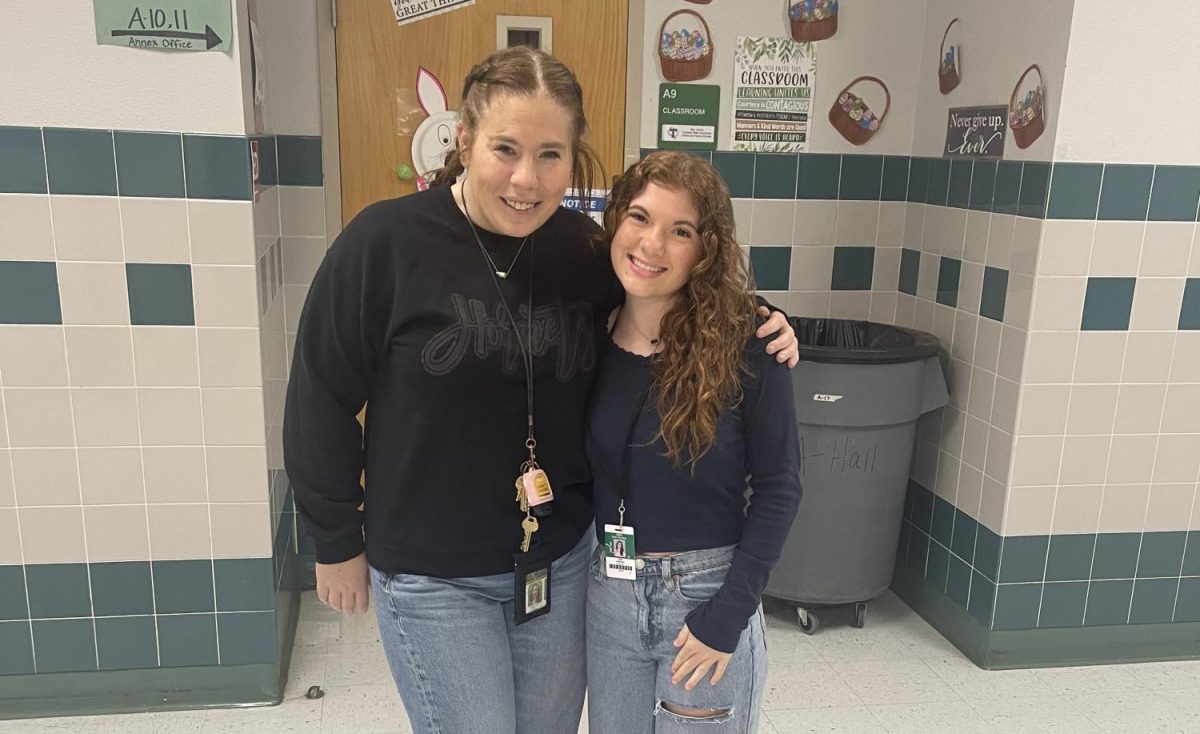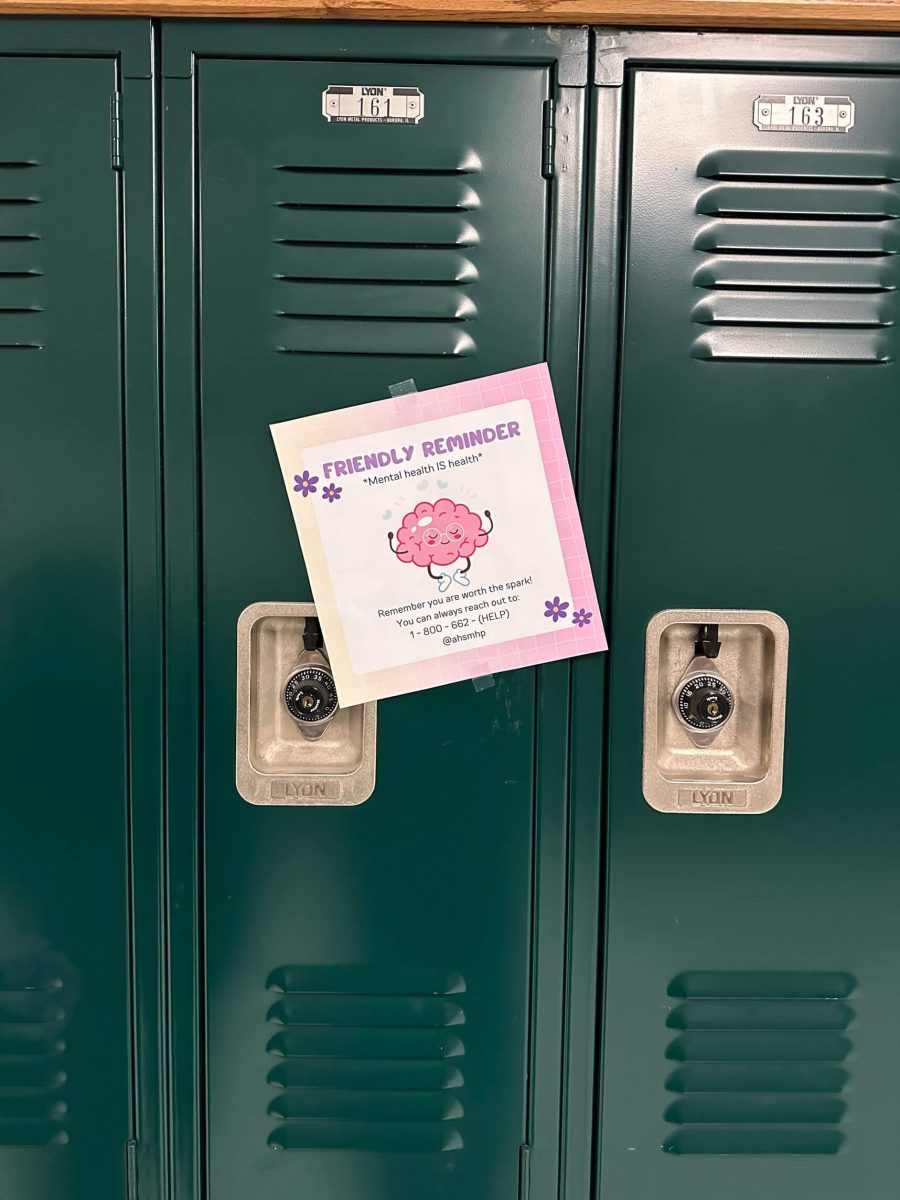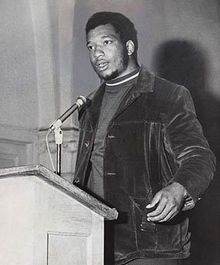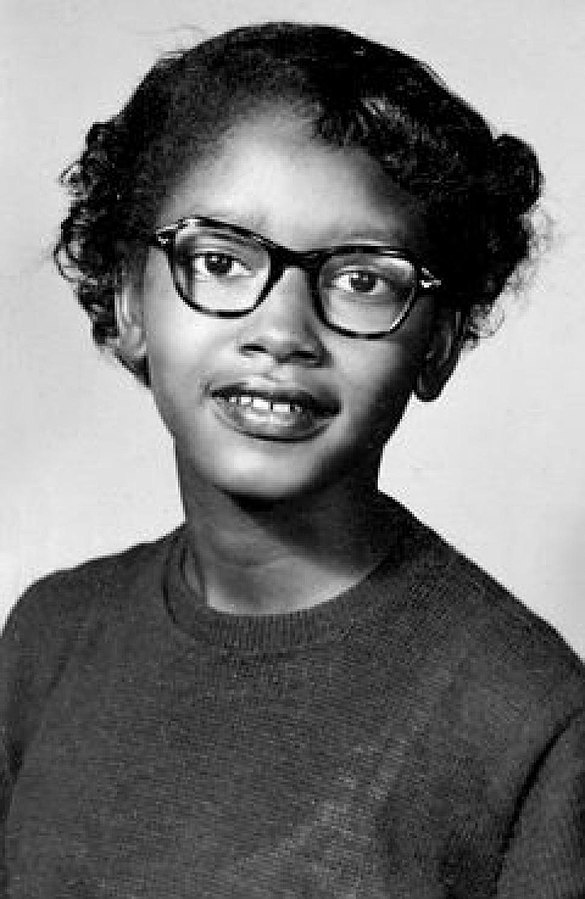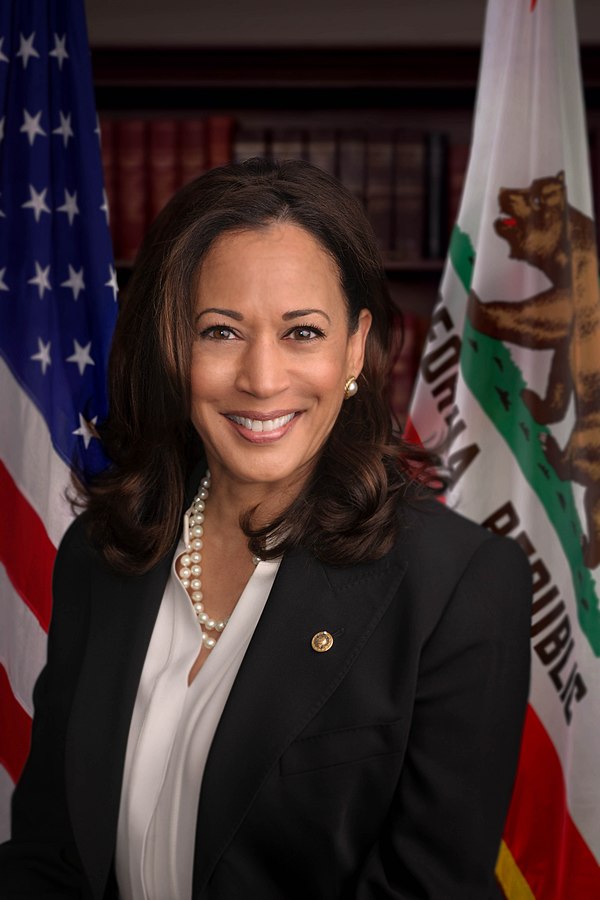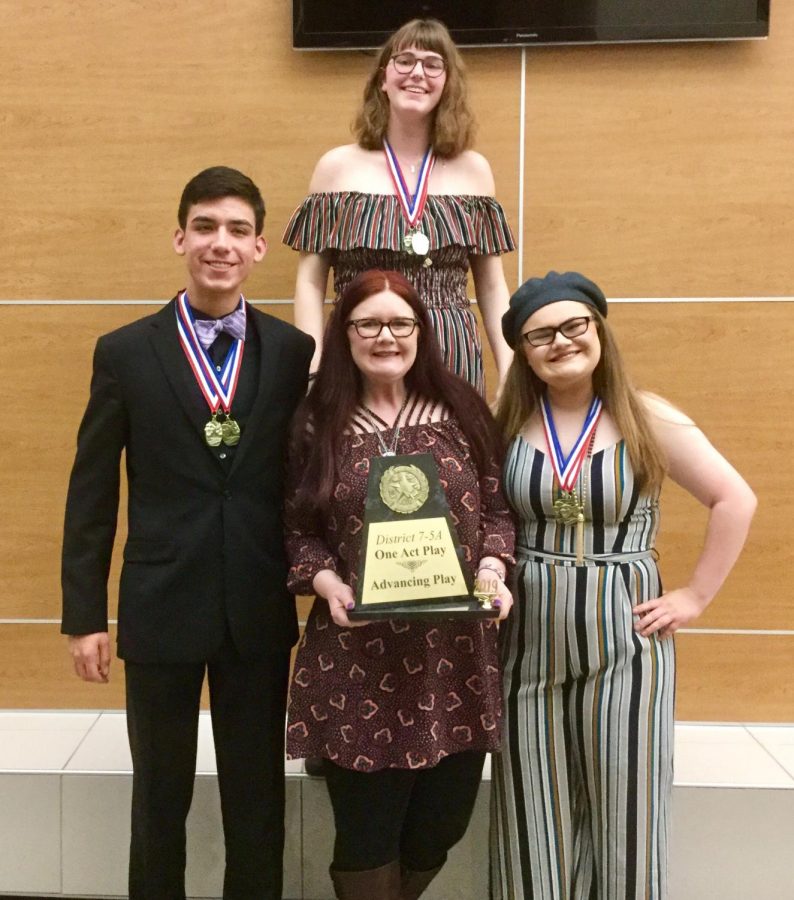One-Act Play Team Finishes Off the Season Strong
April 17, 2019
Every year, our school’s One-Act Play theater team competes nationally against all the other teams in Texas. The teams go before three judges who are directing professionals, who decide if each play will move forward, advancing based on personal preferences of each judge, as well ensuring the duration is within a strict time schedule, facing disqualification as punishment for going under or over the time limit.
“This year was one of our best one-act plays ever because our cast was so close,” Brianna Moen, senior and female lead of this year’s OAP team, said. “There was no drama and we went all the way, putting every foot forward. We did this thing called tactics where you have one verb and it helps build the characters and keep them running. A good cast needs to listen to the director because we may not see what they see at first, but in the end, they always know what’s best. Working together and trying everything new, riding the ride makes things easier.
In a One-Act Play competition, there are three judges and the head judge is the acting judge, making most of the decisions regarding the teams. Actors are given 40 minutes to perform. There are 60 seconds to begin your show, walk-in in from stage right and everyone getting in their places. They have a seven-minute strike and a seven-minute setup. The team also has one hour, sometimes the day of the competition and sometimes the day before, where the team has an hour to spike the set, where they use tape to outline the corners of props so that during the seven-minute setup, it’s easier for team members to assemble the set.
“Every year, there’s a new show,” Moen said. “Usually auditions are before the break or sometimes they’re after, they were mid-January and also on the announcements. We do cold readings where you’ve never seen the script beforehand. You get a few minutes to go outside and look it over, play with your voice. Then you go on stage and read. We do this thing called statues. How well you get along with the director and what they are looking for depends on if you get the role.”
The contest is subjective, and the word is used often because one can never be sure what the judges are going to like or want. When the OAP team competed at bi-district, however, they did not advance. More shows that were picked were traditional, whereas our team was described as abstract. The judges advance who they think will do well against all the other teams, depending on the head judge’s preferences.
“We did advance from district so we all got medals,” Moen said. “There’s a three head advance go. I got all-star cast at district and Daniel Ruelas got honorable mention. McKenna Watson got best tech. At bi-district, me and Daniel both got honorable mentions and Kathryn Neely got best tech as well.”
There’s a very strong sense of community and students participating are welcoming to others. This tight group has finished the competition on their own turf, mentioning their last night was their best show.
“During rehearsals, you can go pretty easy but I like to go all the way,” Moen said. “You never know what’s gonna happen on stage. Our whole cast is so important, we wouldn’t be able to function with anyone missing. To be a good leader, you must have a good heart, be caring, responsible and have dedication. To know when to be strict, know when to be stubborn. Always wanting to listen to everyone and promoting change.”







